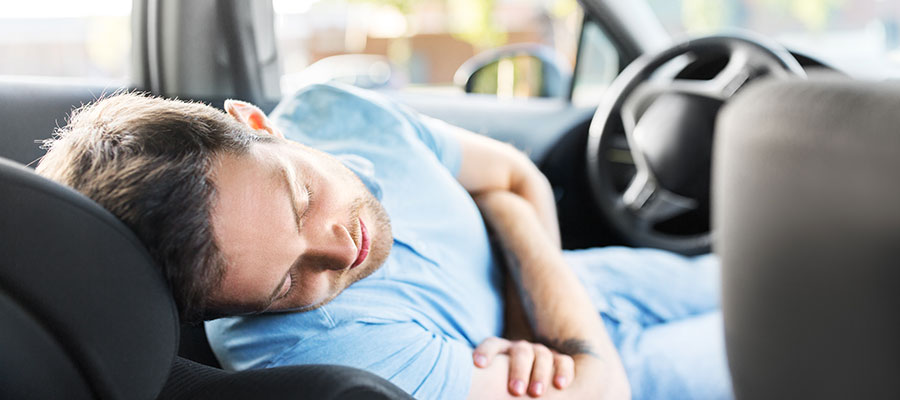It's Not a DUI Charge . . . But It Might As Well Be
In Washington, you can be charged with Physical Control of a Vehicle While Under the Influence even if you weren’t driving. That’s right: if the keys are in the ignition, or even nearby – on the passenger seat or cup holder, and the arresting officer thinks you’re under the influence, prosecutors can (and will) pursue the case just like a DUI.

It often happens in the most frustrating situations:
- You pulled over to sleep
- You were in a parking lot, not on the road
- You had no intention of driving until you sobered up or felt better or . . .
None of that will stop the police from making an arrest or prevent the prosecutor from filing charges.
Physical control is treated as a DUI in almost every way: same penalties, same license consequences, same criminal record. The only thing that changes is how we fight it.
What Is "Physical Control" Under Washington Law?
In Washington State, a person is guilty of physical control if they:
- Are in a vehicle, and
- Are under the influence of alcohol, drugs, or both, and
- Have the ability to operate the vehicle
This doesn’t mean the car has to be on or moving. Courts have found that simply being in the driver’s seat with the keys nearby is enough.
But the law also provides a key defense: the "Safely Off the Road" defense.
The "Safely Off the Road" Defense
If you pulled over to sleep, turned the engine off, and were genuinely trying to avoid driving while impaired, the law gives you an opportunity to defend yourself. But you have to prove it. And the details matter.
We build this defense by looking at:
- Where the car was parked (public road vs. private lot)
- Whether the engine was running
- Where the keys were located
- What you told the officer
- Whether you were actually in the driver’s seat
It's not just about intent—it's about positioning your case to show you took steps to avoid endangering anyone. That’s a powerful argument when handled correctly.
The Penalties Mirror DUI
Even though physical control sounds like a lesser offense, the penalties are the same as DUI:
- Up to 364 days in jail
- Up to $5,000 in fines
- License suspension through the DOL
- Ignition Interlock Device (IID) requirement
- Alcohol or drug assessment and treatment
- Probation
Worse, many judges and prosecutors treat physical control cases exactly like a DUI, assuming you "got caught before you drove."
Common Mistakes That Make Things Worse
- Trying to explain yourself to the officer (your words will be in the report and they will shape it so it fits their narrative)
- Leaving the car running for heat or AC (makes it harder to use the safely off the road defense)
- Having keys in the ignition or on your lap
- Sleeping in a bad location (the narrow shoulder of a highway, on an exit ramp, etc.)
If you're reading this after an arrest, you can't change those facts. But you can absolutely control what happens next.
How We Defend Physical Control Charges
We start with one question: Were you trying to do the right thing?
If the answer is yes that becomes the framework we will build on as we:
- Challenge whether you had actual control
- Examine whether the stop was lawful
- Present the safely off the road defense
- Highlight mitigating factors: no driving observed, no accident, no intent to drive
- Push for dismissal or reduction
We also fight to protect your license through a separate DOL hearing, which has its own deadlines and rules.
Act Now—Before the System Does
Physical control charges often come as a surprise. You thought you were doing the right thing by not driving, but now you're facing DUI-level consequences anyway.
We can help you push back, tell your story, and get your life back on track.
Call Knauss Law today. The earlier we start, the more options we have.

